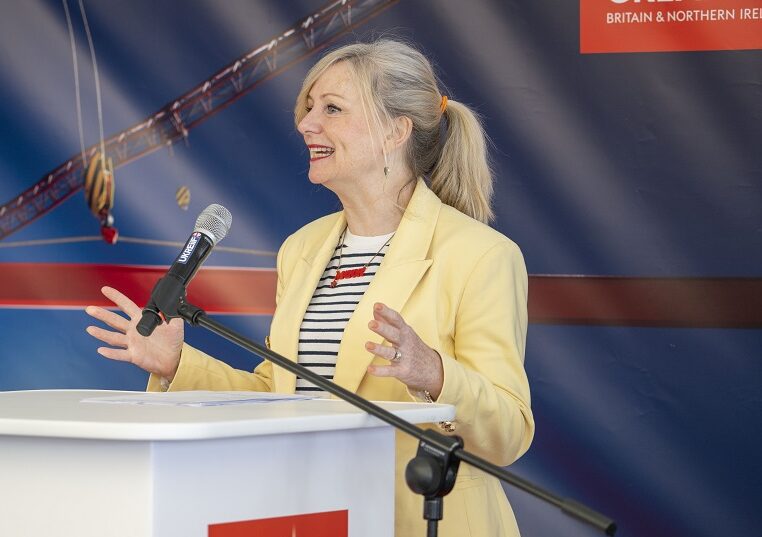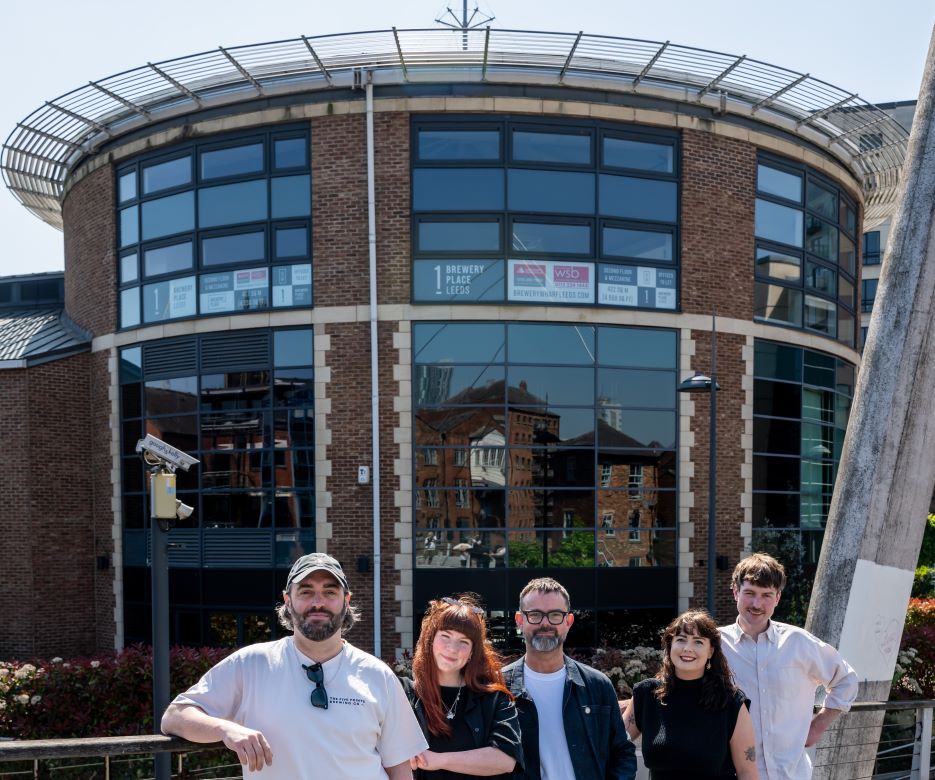Mayors team up in push for visitor levy powers
The Mayors of Liverpool City Region, Greater Manchester, London, the North East, the West Midlands and West Yorkshire want to unlock funding for tourism and cultural infrastructure by introducing tailored tourism taxes.
A coalition of metro mayors led by LCR’s Steve Rotheram said that legislation is needed to give local authorities the freedom to design and introduce a locally administered visitor levy.
The group, representing nearly 21m people across the six mayoralties, argued that the move could unlock vital funding for tourism and cultural infrastructure, empower regional growth, and reduce dependence on central government funding.
They are urging government to consider including enabling legislation in the forthcoming English Devolution Bill, or a specific Finance Bill, which would give local authorities the freedom to design and introduce a locally administered visitor levy.
Currently, English legislation does not allow local authorities to implement a visitor levy.
Some cities have looked to find ad hoc ways around this – for example, the Liverpool Accommodation Business Improvement District’s 83 members recently voted to introduce a £2 City Visitor Charge from this summer, while Manchester’s voluntary £1 per night charge generated £2.8m in its first year.
However, the weaknesses are obvious, and the mayors feel a proper legislative framework is required, potentially giving them a dedicated funding stream to reinvest in tourism resilience and growth.
Working in their favour, they believe, is the experiences people have of paying city taxes in overseas cities, and positive feedback from pilot schemes.
They point to a recent survey which suggested 70% of tourists are willing to pay a small charge if it is used to visibly enhance tourism services.
In the Liverpool City Region, which hosts more than 60m visitors annually, a visitor levy could raise nearly £11m per year to build on the success of international events like Eurovision 2023, which generated £54m in direct economic impact, the group said.
The mayors claim that in Greater Manchester, a £1 to £5 per night levy could raise between £8m and £40m per year.
What is proposed is that “policy sprints” be established in invested regions to co-develop tailored levy models. These would reflect the specific needs of each place, share best practices, and support the broader rollout of the levy across emerging and existing Mayoral Combined Authorities.
Funds raised through a visitor levy would be ring-fenced for local reinvestment. Potential areas of focus include:
- Supporting major cultural and sporting events
- Enhancing infrastructure that visitors and local people rely on
- International marketing to boost global competitiveness
- Collaboration with devolved nations to promote the UK as a unified tourism destination
- Skills development and business growth programmes.
The Mayors emphasised the urgency of the request, especially as devolved governments in Scotland and Wales move ahead with their own tourism levies.
The group is now calling for rapid engagement with HM Treasury and DCMS, alongside input from business and tourism stakeholders, to move the proposal forward and shape a more sustainable future for England’s visitor economies.
West Yorkshire’s Tracy Brabin said: “This is a landmark year for West Yorkshire’s visitor economy, with Bradford UK City of Culture attracting millions of people to our region.
“Giving mayors the power to ask visitors to pay a small fee makes sense. It would allow us to invest more into making our regions even better places to visit, unlocking opportunities to boost growth and help our businesses thrive.”
Steve Rotheram, Mayor of the Liverpool City Region, said that the LCR visitor economy is something to be “incredibly proud of, but it also comes with pressures on our infrastructure and services”.
He continued: “A small charge on overnight stays – the kind most of us wouldn’t think twice about when travelling abroad – would give us the power to reinvest directly into the things that make our area so special. From unforgettable events to the everyday essentials that support them, it’s about keeping our region vibrant, competitive and ready to welcome the world.”
Rotheram’s counterpart in Greater Manchester, Andy Burnham, said: “At a time when national resources are under real pressure, a modest visitor levy – something we all pay in other parts of Europe – offers a fair and sustainable way to support our local services. If designed and delivered locally, it would provide a continuous revenue stream to reinvest in the things that matter most to our residents and visitors alike, from world-class cultural venues to a reliable, integrated public transport system.”
North East Mayor Kim McGuinness said: “A local tourism tax is so mainstream across the rest of the world you barely notice it, so it should not be a big step here in the UK.
“This is a good example of how mayors can respond to local need and deliver real change if they are given more financial freedom to do so. We have ambitious plans to double the visitor economy in North East England over a decade. A small charge on our many visitors would allow us to invest and grow the sporting events, music festivals and cultural exhibitions that are unique to our region, creating jobs and bringing visitors back time and again.”





